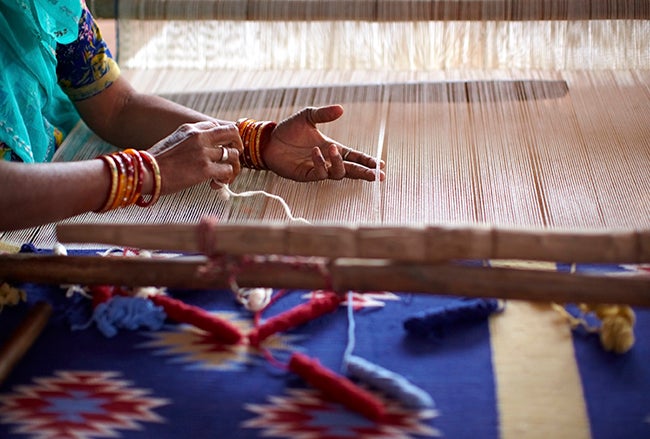The United States has a long and striking history of racial disparities in health and access to health care. Within my specialty of women’s health, black women have a higher incidence of breast, endometrial, and cervical cancer; and lower survival rates after diagnoses are made. Black women experience higher rates of unintended pregnancy, and during pregnancy, higher rates of maternal mortality and preterm birth.
Racial disparities in health are a particularly daunting challenge for physicians because race is a social, not a biologic, construct, and over time, the cumulative effects of social and racial inequalities contribute to poor health outcomes. And poor health outcomes, in turn, further exacerbate these inequities. Babies born preterm, for example, can suffer from neurosensory and cognitive disabilities, and lifelong disparities in their education, health and employment prospects.
As a physician, it is hard to imagine how a traditional 15-minute encounter with a patient can begin to undo the influence of years and even generations of social, economic, physical, and environmental hardship. It’s impossible to fix with the usual tools of surgery or prescription medications. As much as I care about my patients and their health, it is sometimes easy to despair that racial disparities and other social determinants of health are too complex for me to tackle.
The CenteringPregnancy model of group prenatal care is one that turns this assumption on its head. CenteringPrgnancy improves the physician-patient relationship, and changes the way women feel about their health care, themselves, and their pregnancies. Most notably, it has shown promise in reducing racial disparities in a number of birth outcomes.
For women from low-income and immigrant backgrounds, or who are teenage or single mothers without access to cars, family support, or a steady income, CenteringPregnancy provides a level of social support that they otherwise wouldn’t have. Despite these hardships, something as simple as women connecting with each other impacts gene expression in the placenta in such a way that can lead to radically improved health outcomes for women and babies over the course of their lives.
The Centering Healthcare Institute (Boston, MA) maintains the curriculum and evaluates and approves sites that offer this trademarked model of group prenatal care. The model brings together groups of pregnant women ten times over six months, combining traditional physical assessment and health education within the group space, with women actively participating in their own medical care.
In my practice, we have seen a 47 percent reduction in the odds of preterm birth for women who participated in CenteringPregnancy. We have also seen higher rates of breastfeeding, lower rates of gestational diabetes, and lower rates of cesarean delivery. Most notably, however, the gap in health outcomes between black and white women has narrowed for all of these outcomes.
Because good health is also good business, the South Carolina Department of Health and Human Services and the South Carolina Chapter of the March of Dimes have supported expansion of this model to 17 other obstetric practices in South Carolina. Furthermore, the state’s two largest insurers, Medicaid and BlueCross BlueShield, now offer enhanced reimbursement for the coverage. For every 30 patients in CenteringPregnancy (approximate cost $6,000), one neonatal intensive care unit admission is averted ($27,000), which has generated more than $2 million in savings from this health outcome alone.
The impact we are making on preterm birth, and in lowering racial health disparities, is influencing health care in new ways. The success of this approach has catalyzed health systems to think about how group models of care can be adapted to other health areas, for patients dealing with diabetes or obesity, for example. If we want to reduce further disparities in health outcomes, it’s clear that health care methods must innovate and adapt to address the complex social determinants of health that patients face.
Amy Crockett is a maternal fetal medicine specialist and founder of CenteringPregnancy South Carolina. She is the winner of the 2016 John P. McNulty Prize, and a fellow of the Aspen Global Leadership Network. Learn more about the McNulty Prize.


